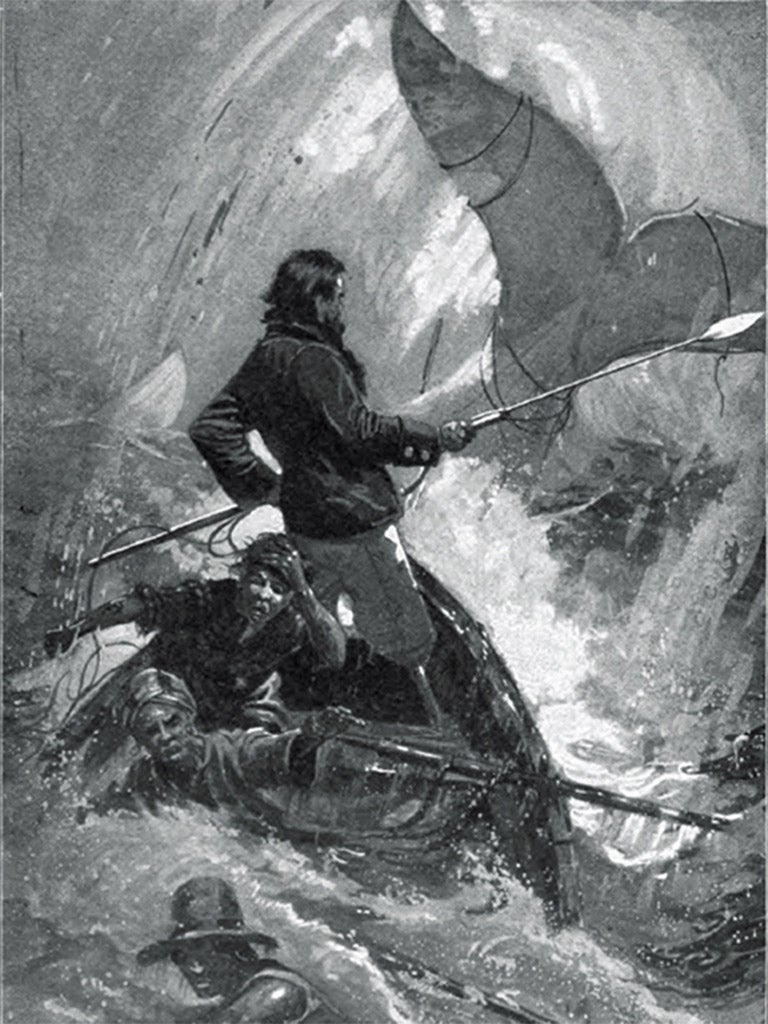The agonies and ecstasies of Moby Dick: Week in Books

Is Moby Dick too long? Should its editor have cut out the natural science on whales or long tracts on nautical engineering?
Or is it a peerless masterpiece which should be read out in its unabridged glory, over four days, at a central London venue? To those who think the latter: congratulations, your wish is the command of 160 readers including AL Kennedy, Rev Richard Coles, Iain Sinclair, Diana Quick, Man Booker judge Ellah Allfrey and Liza Klaussmann (Melville’s great, great, great granddaughter) who will, from next weekend, read it, page by page, at the Southbank Centre as part of the London Literature Festival. I will be among them; my 10-minute reading slot is on Saturday night (where else would you rather be?).
It is the first time that it is being read out in the UK, and it has a sense of authentic revival: it was published in London as The Whale in 1851 before its later incarnation in America as Moby Dick. But aren’t organisers apprehensive about its more challenging parts? Not really, says Ted Hodgkinson, senior programmer of literature and the spoken word at the Southbank Centre, though the smallest concessions were made. “We did cut the opening preface, which is essentially a list of whale species, as that is more for whale-spotters who know their bowheads from their blues.
“But otherwise there are a few readers especially keen to do very detailed sections indeed, everyone has their own favourite moment. When Melville dives into nautical detail it is almost
always mesmerising on some level, mainly
because it’s more about the quality of attention he brings, rather than how to tie a decent boating knot. He’s interested in making us see the near at hand afresh.”
Like the most enduring novels which are of their time but also eternally relevant, Hodgkinson notes how Moby Dick speaks directly to us today – of mass-migration and of culture clash. “Melville is fascinated by the question of co-existence, about whether a white sailor can share a bed with a ‘cannibal’ harpoonist. You need the whole novel to experience the voyage with its excitements and lulls, to feel you’re along for the ride, carried along on the waves of Melville’s prose.” So come along to make the most of it, longueurs ’n’ all.
Join our commenting forum
Join thought-provoking conversations, follow other Independent readers and see their replies
Comments